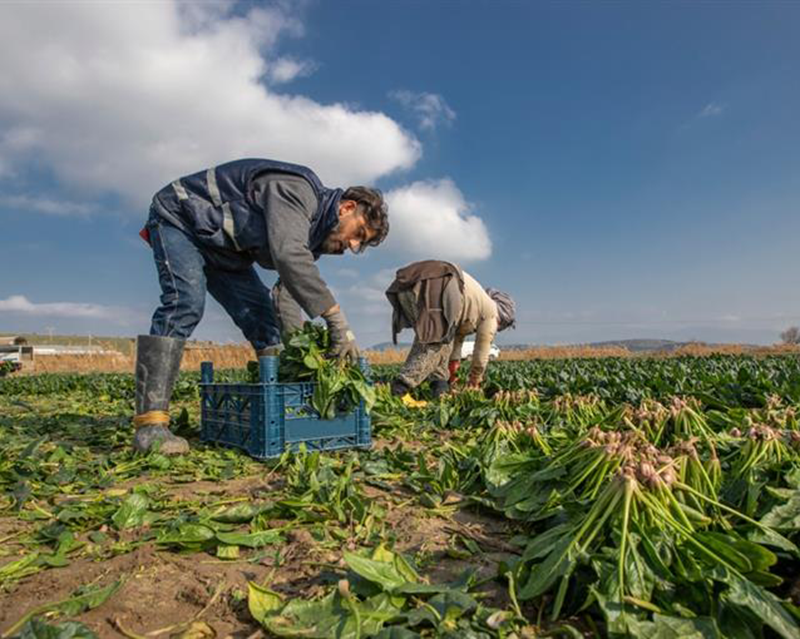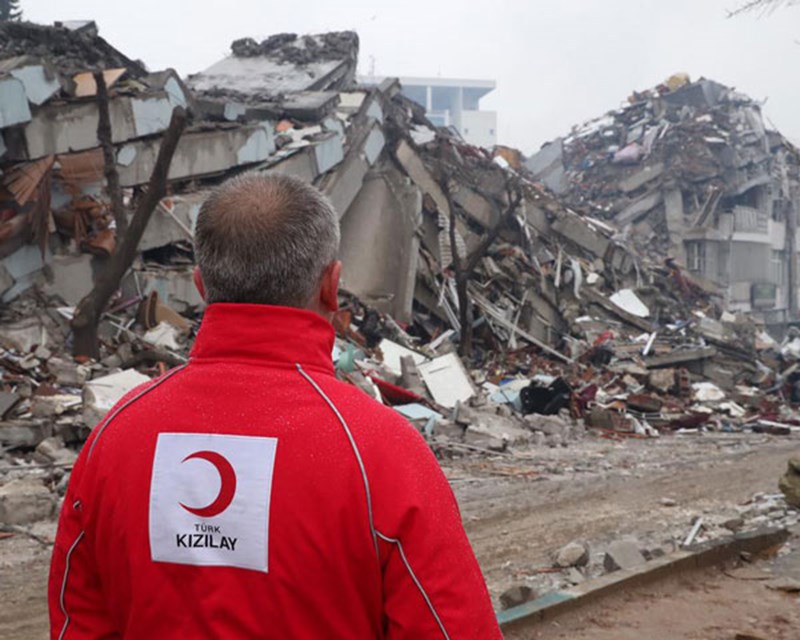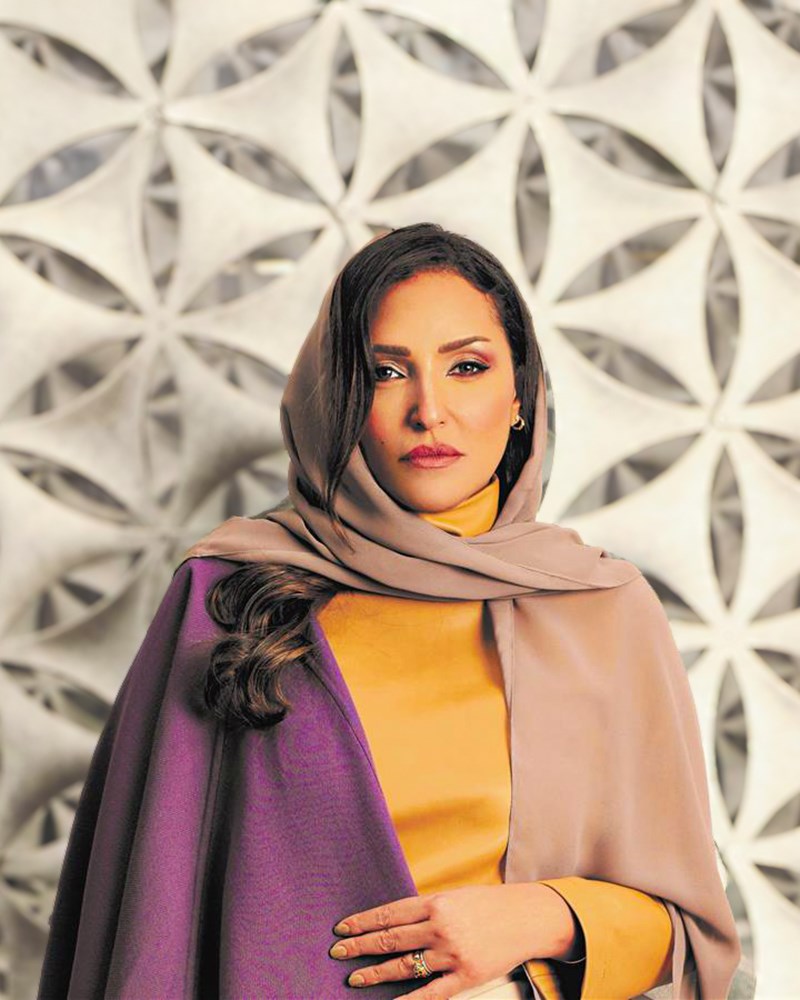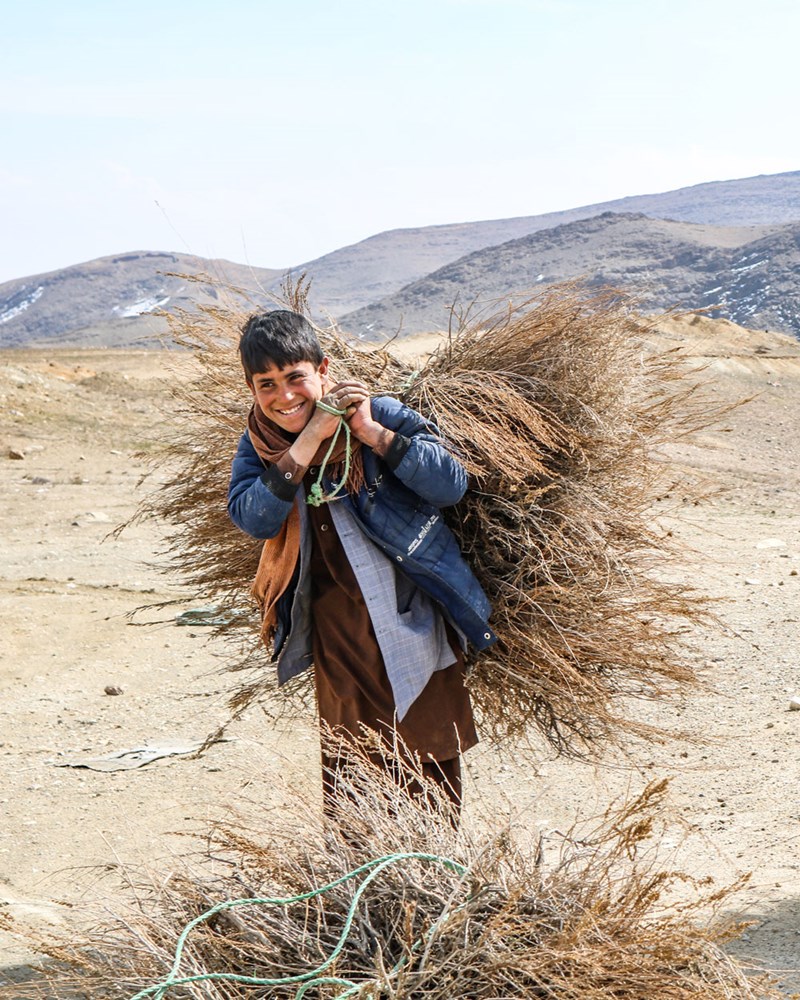On a recent visit to Syria, I saw thousands of families returning to their communities, from within the country and from neighbouring countries. These are people brimming with ideas and hope after more than a decade of conflict, displacement, and misery.
But incredibly, there is hardly any visible assistance to help people rebuild lives, homes and livelihoods after years of large investments in emergency relief efforts when return was only a distant dream. The international community cannot fail Syrians now, with recovery so close at hand.
Across the country, the destruction stretches as far as the eye can see.
I met with families who have returned from displacement camps to find nothing left of their homes: no walls or doors, no electricity, no clean water, no school, and no job to be able to pay for any repairs.
Some return to find their homes occupied and without legal mechanisms to reclaim what is rightfully theirs. I met children learning in classrooms with crumbling roofs and walls, damage from years of war.
This is no way to return, and this is no way for Syria to rebuild.
This is the moment we have all have been longing for, when we can support Syrians with the investments needed to return with dignity and rebuild their lives








